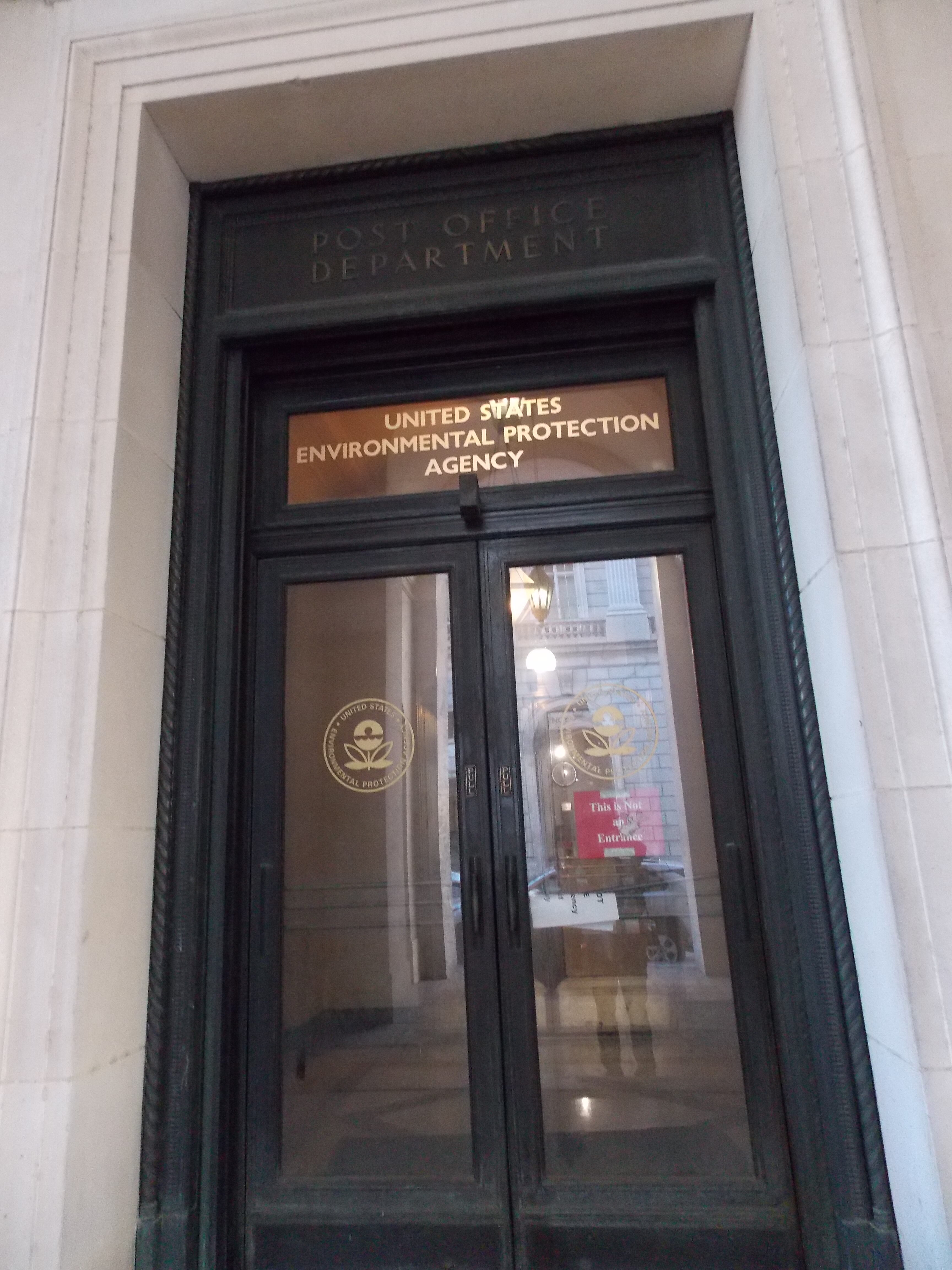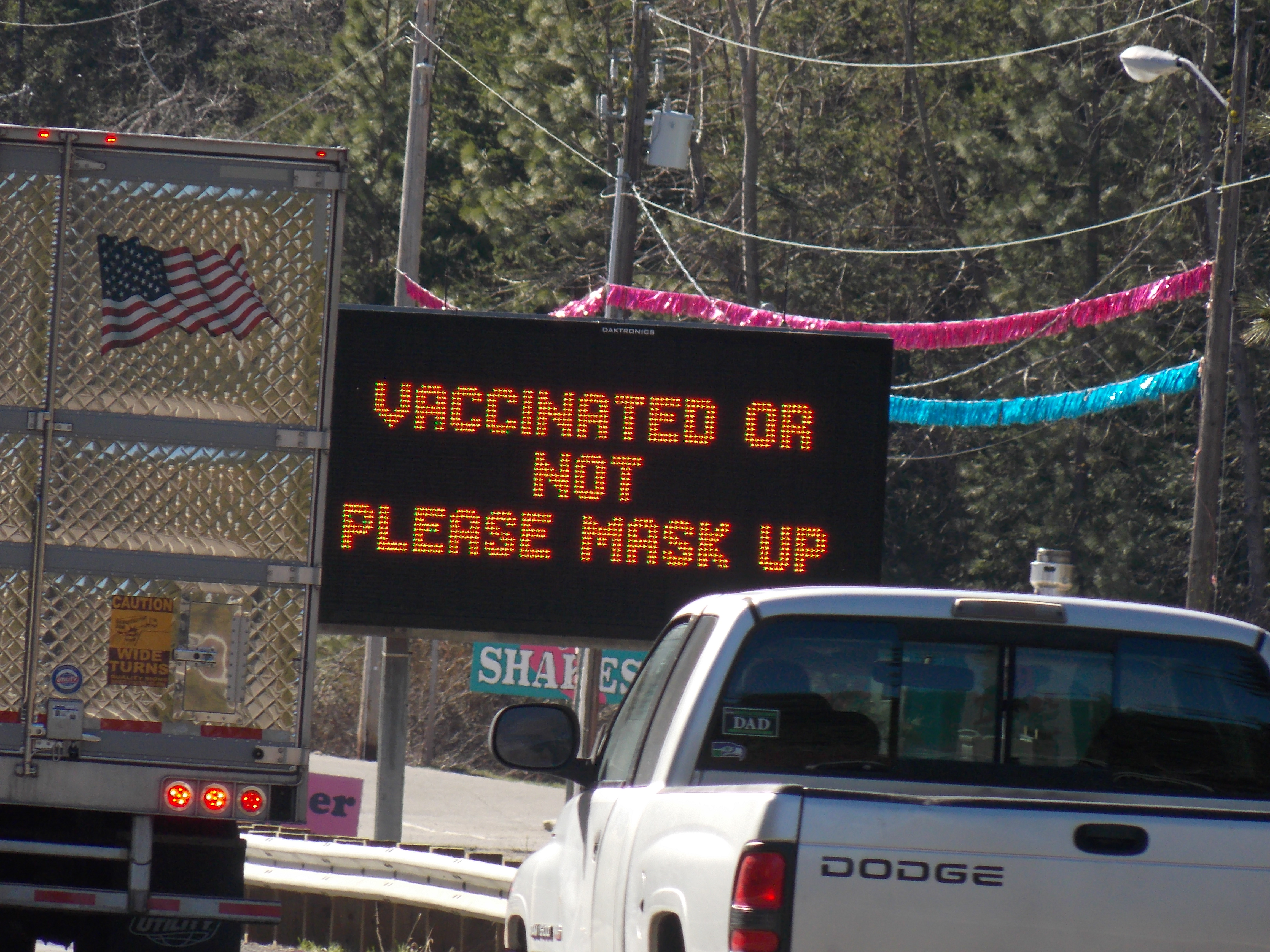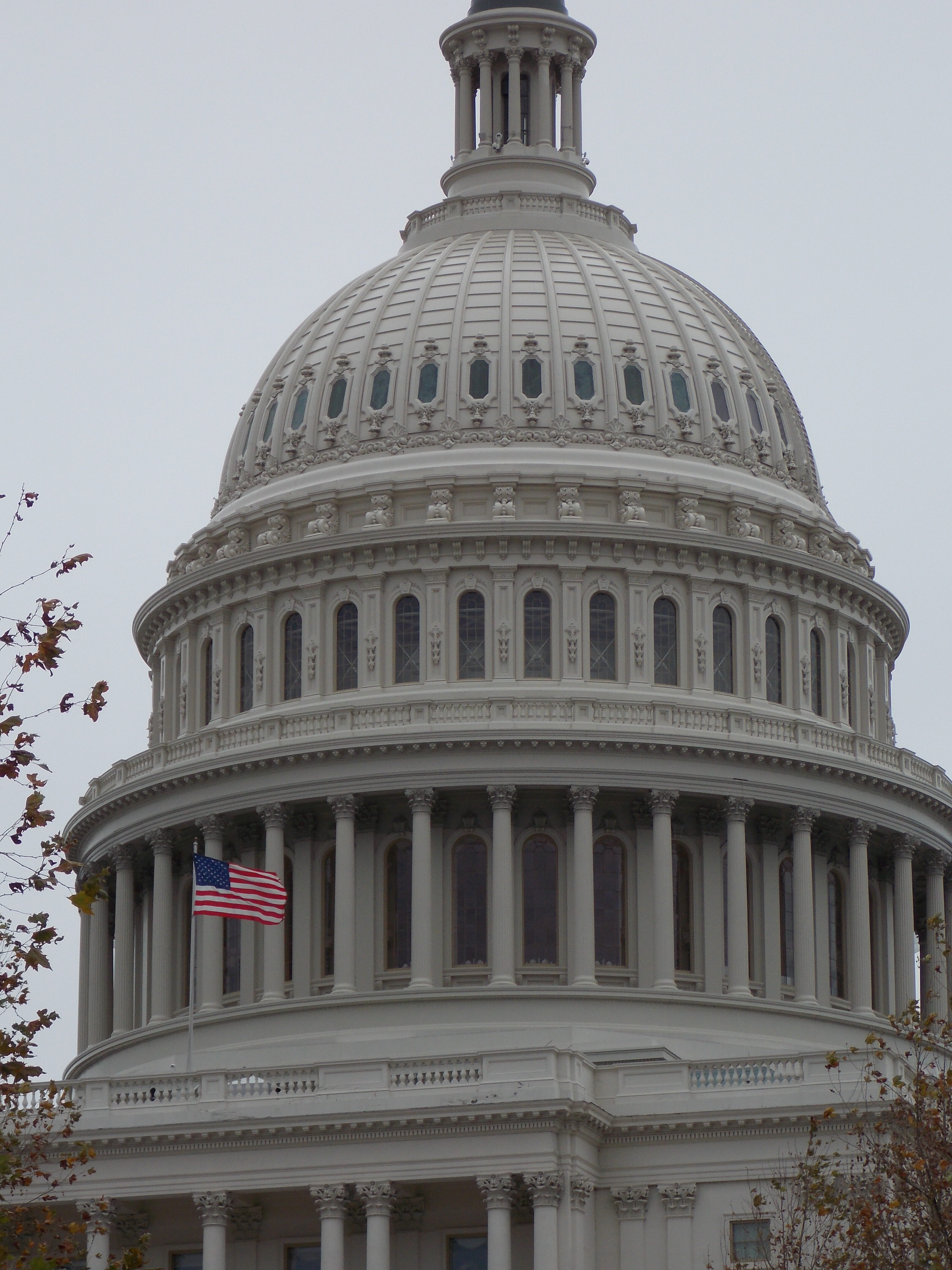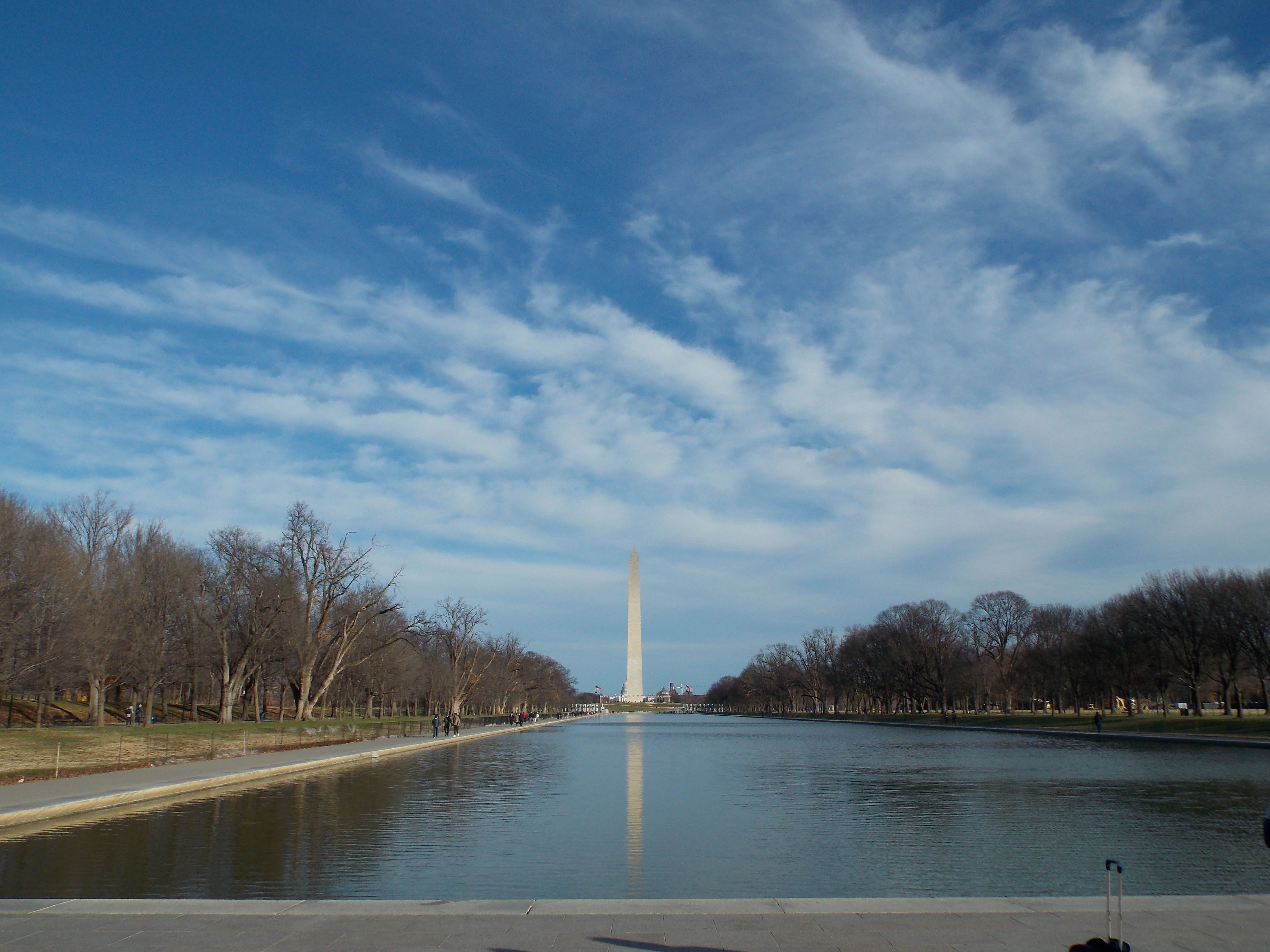It hasn’t taken the left, the globalists, the elites long to make life worse for all of us. They’ve been finding ways to do this for quite a while, but escalated their assaults on everything we hold dear as Americans in 2020. The COVID-19 coronavirus ushered in an era of unprecedented control of most aspects of our lives from children’s schooling to which businesses could stay open to restrictions on air travel to vaccine mandates. We can still claim that we live in free societies but we’d be lying; we’re used to oppression now.
Anyone paying attention now realizes that the damage, in terms of economics, loss of liberty and even loss of human life, is far more attributable to governments run amok than it ever was to a coronavirus.
I’d like to think of myself as an optimist, able to see even now some hope that, as far as authoritarianism has gone, that the people may be able to re-assert their rights, resist the power of international finance and multi-national governance and return to the ideals of liberty. It’s within the realm of possibility to imagine that all the evil that’s been loosed upon us could lead to an era of great reformation, of putting government back into a very small box and inverting the prevailing power dynamic between ruler and ruled. It would be nice to imagine we could still bring this about by means short of revolution. It would be nice to think we’ve had only a close brush with Stalinism before reforming ourselves.
If we can, if the people can again take control of the leviathan that is the U.S. government, elected and unelected, then maybe we need to start thinking now about what we should do with this nascent inversion of power and what we can do to keep the things that we’ve seen happen to our own country over the last three years from ever happening again.
In short, we should seek to counter the government’s capacity for self-promotion, make elections credible again, enable more involvement of the public in federal spending decisions, return to a states’ rights paradigm, better isolate ourselves from illiberal international trends, and drastically curtail government’s ability to invent emergencies. Simply shrinking the government seems a good unto itself. It can’t do the wrong things with your money if it doesn’t have a bureau for that in the first place.
The following is simply my list, a set of ideas I think are worthy of consideration; maybe a platform for a dedicated reformer who could sweep an upcoming election by championing the ideas most likely to wrest power from bureaucrats and hand it back to the people. There’s now a market for this and the time has never been better. Here are some of the ways we can Build Back Better:
- Dismantle the public school system as we know it. I always start here, even if it seems far removed from the current pandemic of authoritarianism. It’s not though, because government schools are where the bad ideas have incubated for generations of Americans now. My proposal is incredibly simple: allow parents’ money to follow their child to schools of their choosing. This should be a reasonable expectation within a free society. When did the bureaucrats begin to believe that their ideas for American education trump those of parents anyway? This won’t turn the political situation in America around overnight. but it may keep us from fighting similar battles in the decades ahead. All the schools that would spring up to capitalize on this money wouldn’t be great but market forces would weed out the losers, unlike today’s situation. Also, abolish the Department of Education.
- Abolish the IRS. The very size of this monstrosity is evidence enough that something’s gone terribly wrong in the way we fund our government. There’s ample support out there for a flat tax. Let’s make that happen.
- In keeping with the last really good idea, let’s scrap the 1040 forms, replacing them with new online forms to be filed by what used to be tax day, April 15. But this form would be radically different. The new form would simply be a list of government bureaus and you would allocate your tax money to these, the same as everyone else in America would on their forms. This would be how federal budget priorities would be set, how tax dollars would be allocated going forward—by the people. If there are programs and offices that no one really wants to fund, they won’t be, and likewise, we’ll come to find out what parts of government Americans really do value, not just giving their opinions but allocating their money. It’s a radical proposal for radical times.
- Election integrity needs to be safeguarded as never before. Walking the breadth of America last year, this was one thing Americans had in common from coast to coast, as far as I could tell: they didn’t trust the results of our last presidential election. History suggests that democracy will not persist in a nation whose people don’t trust their own elections. First, let’s have our elections staffed in the same way we do jury duty: all citizens serving in their turn. Let’s not let one party dominate the monitoring, management and counting anywhere.
- Following our last election, Americans may never trust results again that have been entered electronically, processed electronically or transmitted electronically. Do we need to take a step back to simple paper ballots, counted on the spot and coupled with improved auditing?
- A general pruning of the federal government is overdue, gutting and cutting bureaus that are redundant, those that fulfill roles already performed by state agencies, causing waste and conflict. Generally, this would be a long-needed return to federalism.
- Here’s a no-brainer, an easy starting point: eliminate the FDA. This is failed institution defined. As we learn the health problems caused millions of Americans by consuming diets rich in carbohydrates and sugars and low in meat and fat, we realize that the federal government and its food pyramid have killed more of us than they’ve saved.
- It’s time for the EPA to face extinction. All states have environmental agencies. For nationwide environmental matters, these agencies can seek to work cooperatively or even competitively if they see different possible solutions. The EPA thrives on the perpetuation of apocryphal ecological narratives—this is how it’s funded and how it’s growing. Particularly through its new role in the mitigation of the specter of anthropogenic global warming, the credibility of this institution is shot and Americans are safer without it.
- The activities of the CDC need to be severely curtailed and scrutiny and transparency must be brought to bear on the vestige that remains; the part actually concerned with current pathogenic threats. No more global health initiatives, no more “health equity,” and no more funding of gain-of-function research in international labs, please.
- To save America, we need new firewalls between the American people and international institutions such as United Nations, International Monetary Fund and the World Economic Forum. At the very least we need to stop funding them and we need to set an appropriate tone by removing the UN from New York City. And that message is that we’re not followers, we’re going to be leaders from now on; feel free to fall in line.
- Eliminate the government’s capacity for marketing and messaging, perhaps through budget cuts. See the above idea for replacing the 1040 form; how many Americans would elect to send their dollars to marketing programs for government’s pet causes or its social services?
- One government institution should perhaps be strengthened, the Government Accountability Office. Reforms for this office should include term limits for its leadership so that this is no longer just another office for career bureaucrats to enjoy a sort of lifetime tenure while becoming cozy with appropriators and lobbyists. Rather, we need vigorous new blood here passing through a revolving door and with strong incentives to seek cuts and censure of wasteful institutions.
- Here was one of my favorites from the Trump era, an idea that the permanent government of Washington insiders would never go along with voluntarily: disperse federal offices from D.C. or from the eastern metroplex in general to many smaller offices in the places impacted by their rule-making, places like Kansas, Arkansas and Idaho, the places where they’d meet actual American people. It’s an interesting thing to ponder why the individuals who make up the administrative state recoil from this.
- End any involvement by the federal government in global warming study or mitigation. No one admits to worry over this “existential threat” unless they’ve been incentivized (or brainwashed in the case of public school students) to join the fear. This imagined threat worries no one, especially no one who’s looked into the matter seriously, and certainly not any number of elites who have invested millions of dollars in beachfront estates. Global warming provides an avenue for arrogation of the powers despots have long dreamed of. This is why it’s important.
- Innovative new firewalls must be erected between government and big tech, particularly between aggregators of big data and our intelligence services. The current capacity for domestic spying is beyond what almost any of us can now imagine as is the potential to curtail speech which threatens the state’s narratives.
All that’s a pretty good start or at least a set of ideas worth giving some consideration to. And the truth is that there are probably matters more immediate than these. We won’t be able to move on any of this if we can’t thwart the international power play now afoot within our borders and beyond. Tyrants are common to mankind, to nations and to history. Let’s not let today’s have their way and then let’s make it harder for tomorrow’s to gain a foothold.













